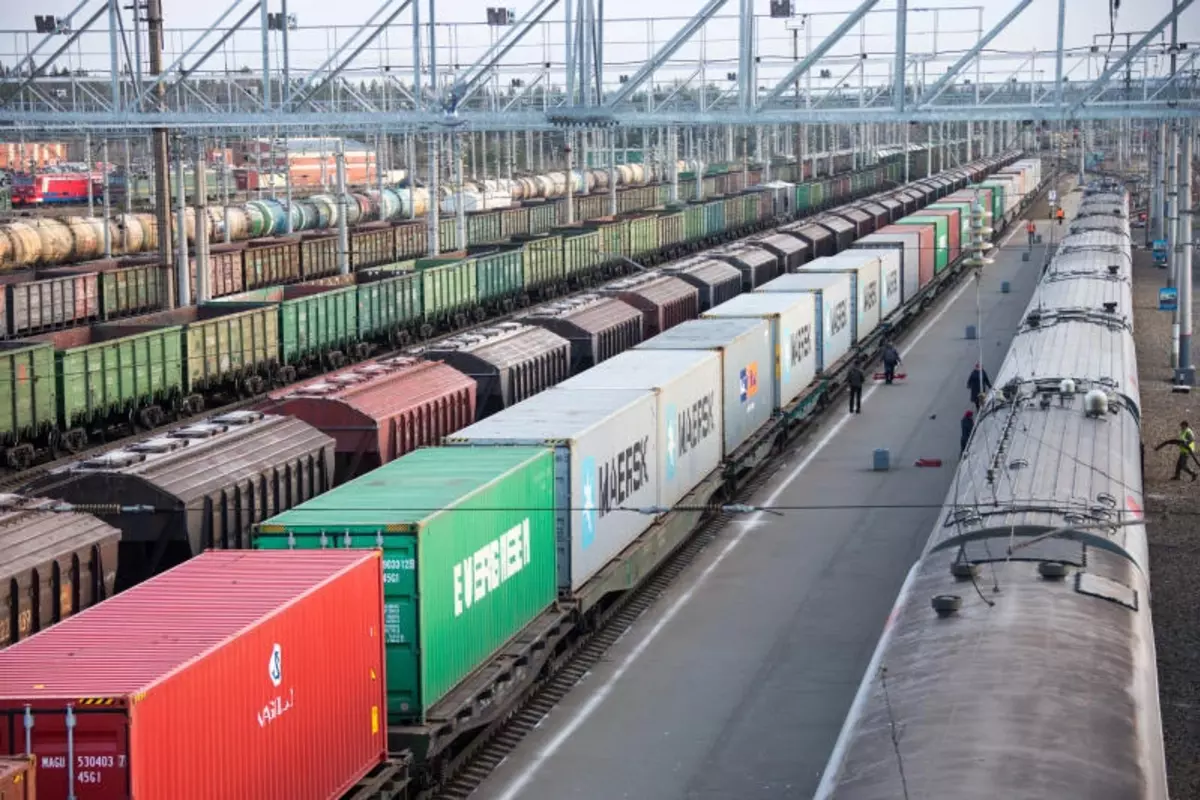
The International North-South Transport Corridor (INSTC), a multimodal transportation project funded by Russia, aims to create seamless connectivity within a single commerce and transportation network connecting Russia and countries in Asia and possibly even the Polar Regions. Some even claim that the INSTC represents Russia’s attempt to gain access to the Persian Gulf and China’s BRI (Belt and Road Initiative).
With the aim of constructing transportation networks to link these nations with Central Asian and European markets, Russia, India, and Iran signed a contract in 2002, launching the INSTC project. Several additional nations, including Azerbaijan, Armenia, Kazakhstan, Kyrgyzstan, Tajikistan, Turkey, Syria, Belarus, and Oman, have gradually joined the INSTC.
One of the biggest advantages of INSTC is considerable reduction in transportation cost and transit time between Russia and India. An added advantage is that that INSTC would facilitate trade among Russia, South Asia, Europe as well as Central Asia, bypassing the troubled Afghanistan-Pakistan region.
Iranian rail link between Chabahar Port and Zahedan, capital of Sistan and Baluchistan Province, is considered a key element of this corridor for linking Central Asia with Iran. Chabahar is 700 km away from Zahedan and 950 km from Milak, the closest city to the Afghan border, and 1,827 km away from Sarakhs on the Turkmen border. The marine distance to Dubai is 353 nautical miles, and to Mumbai is 843 nautical miles.
India is playing pivotal role in developing the port of Chabahar. Russia is also interested in investing in the Chabahar Port. This route is estimated to reduce by 60 percent the shipment costs and by 50 percent the shipment time between India and Central Asia.
Since its inception, the INSTC project saw many ups and downs. The sanctions on Iran that whittled INSTC’s growth. However, in the last one-year INSTC has played a major role in boosting India-Russia trade.
Meanwhile, China has been pushing its BRI with the help of Pakistan and trying to entice some Central Asian countries to utilize China Pakistan Economic Corridor (BRI’s flagship project). Pakistan’s China funded deep sea port at Gwadar, which is located merely 72 km east of Chabahar, is seen as a counterbalance to the Chabahar Port. Gwadar port is a critical component of the China-Pakistan Economic Corridor (CPEC). China might, in future, also seek to use the port in Gwadar as a military base.
China, together with Pakistan and Afghanistan, is trying hard in linking Central Asian countries with BRI, particularly in the realization of the Trans-Afghan rail line project involving Uzbekistan, Afghanistan and Pakistan which is seen as an extension of CPEC. At present, the project seems to be delayed inordinately due to many apprehensions of the stakeholders in Central Asia.
The reason behind Central Asian countries being extremely motivated to be involved in the BRI is their need for financial resources for development, besides that they, being land-locked, have no access to sea to develop trade. Since the Ukraine, the Central Asian states are trying to open various connectivity corridors including INSTC and Chabahar Port. Moreover, with the US reevaluating its options and role in the region following its withdrawal from Afghanistan, China now has a greater opportunity to increase its footprint. China is nudging all the Central Asian countries to use Af-Pak corridor and the Karachi port to access the sea. The Trans-Afghan Railway is one such imitative to lean towards China sponsored economic activities. China also used the recently held China-Central Asia Summit to push its BRI agenda. It sought to promote integration and construction activities in Central Asian countries under the BRI umbrella.
Russia is attempting to show China that it supports the BRI, but it is unclear how it will respond to China’s efforts to expand its influence and nudge Central Asian nations toward Beijing-backed connectivity initiatives. Russia wants to keep playing the leading role in Central Asia.
(With input source)

















